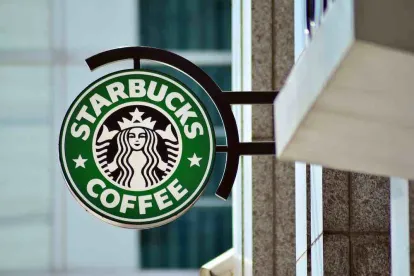The high octane unionization push at Starbucks cafés nationwide continues. Last week, one of the company’s sites in Arizona saw employees vote in favor of a union 25-3. That margin of victory signals a lot of discontent with the employer, at least at that store. This is the third such location to vote in a union in recent months and many more votes seem to be on the horizon, as reports of union activity at other Starbucks cafés seem to be popping up by the day at the coffee giant.
In the recent Arizona election, the National Labor Relations Board (NLRB) rejected arguments by Starbucks that these votes should include groups of cafés instead of single cafés. That is, Starbucks desired (and petitioned the NLRB for) baristas from multiple cafés in a market to vote together instead of voting store by store. Had Starbucks prevailed in that argument, it may have been able to get more baristas who were not in favor of a union to participate and change the outcome. It also could have set a precedent for the company in future union elections in terms of expanding the scope of eligible voters.
That the NLRB declined to accept the argument by Starbucks is unsurprising, given the Board’s current constitution, because it has signaled it will favor certifying units sought by unions. Nevertheless, that likely doesn’t bode well for Starbucks in the future to the extent the company believes having multiple-location units rather than single-store units makes more business sense.
The unionizing wave at Starbucks has energized organized labor, particularly in light of the recent Bureau of Labor Statistics report noting union numbers in the private sector are at a historical low. A mere 6 percent of private-sector workers belong to unions now.
The labor law landscape relative to union organizing also may give unions reasons to be optimistic. Major changes seem to be on the horizon, such as the NLRB making employer captive audience meetings during campaigns unlawful and possibly forcing recognition of unions based on signed authorization cards versus secret ballot elections.
There are many developments emerging with union organizing in 2022. Union-free companies should take note.




 />i
/>i
